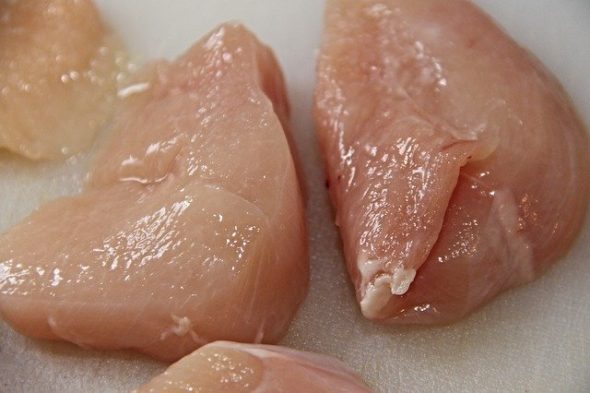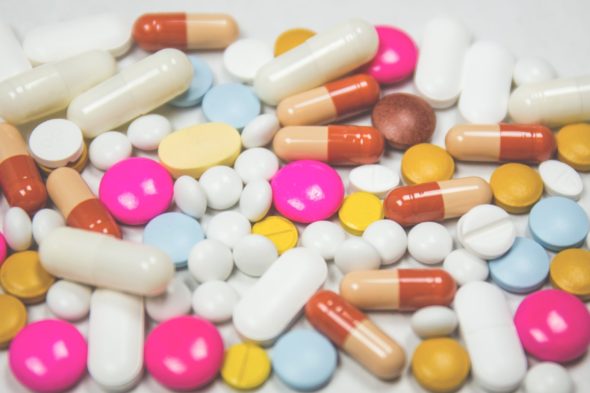CLEANING
- Wash your hands before preparing food, after going to the toilet or handling animals and after touching raw meat or chicken.
- Keep your kitchen clean. This includes worktops, chopping boards, utensils and cloths and is especially important after handling raw meat.
AVOID CROSS CONTAMINATION
- Keep raw meat away from salad, vegetables and ready-to-eat food and use different utensils and chopping boards for their preparation.
- Wash hands thoroughly after touching raw foods and before handling ready-to-eat foods.
- Never wash raw meat, as you can spread harmful microbes through splashing.

COOKING
- Cook and re-heat food thoroughly, until steaming hot (75°C) in the middle. This will kill harmful microbes.
- Only re-heat food once. When reheating, take extra care your food is heated all the way through.
- If not eating straight away, allow food to cool and put it in the fridge as quickly as possible (within 2 hours).
- Always follow cooking instructions on the label.

CHILLING
- Make sure your fridge is set between 0°C-5°C. If your fridge is full, turn the temperature down, but it is best to leave space as this allows air to circulate and maintain the set temperature. Read the instructions on the labels.
- Store food at the correct temperature and pay attention to use-by-dates.
- Don’t leave food out of the fridge for more than four hours.
Read also
Foodborne pathogens
Antibiotic resistance
Antibiotics are used to treat bacterial infections but bacteria are becoming resistant to these drugs and some infections can no longer be treated.
